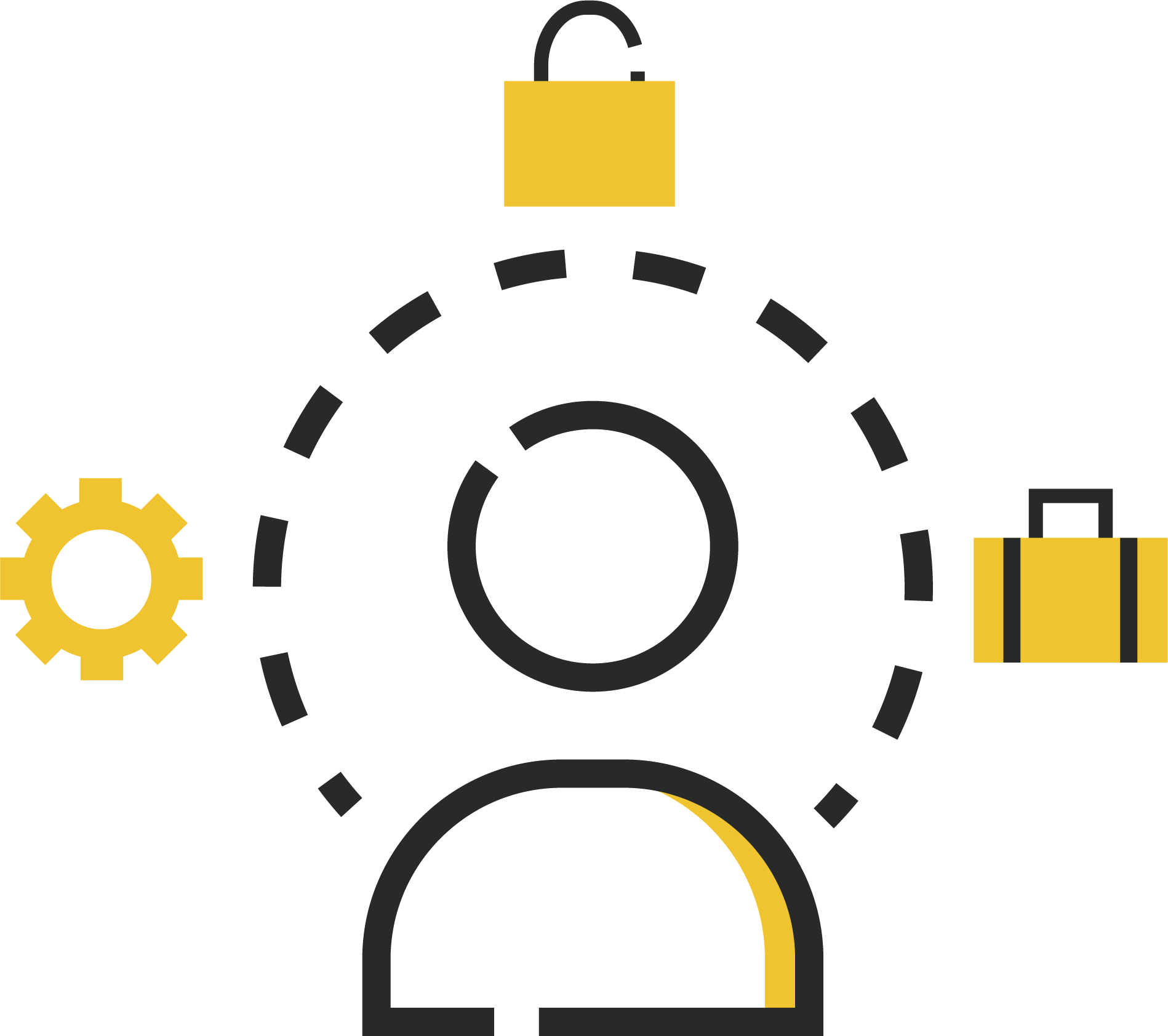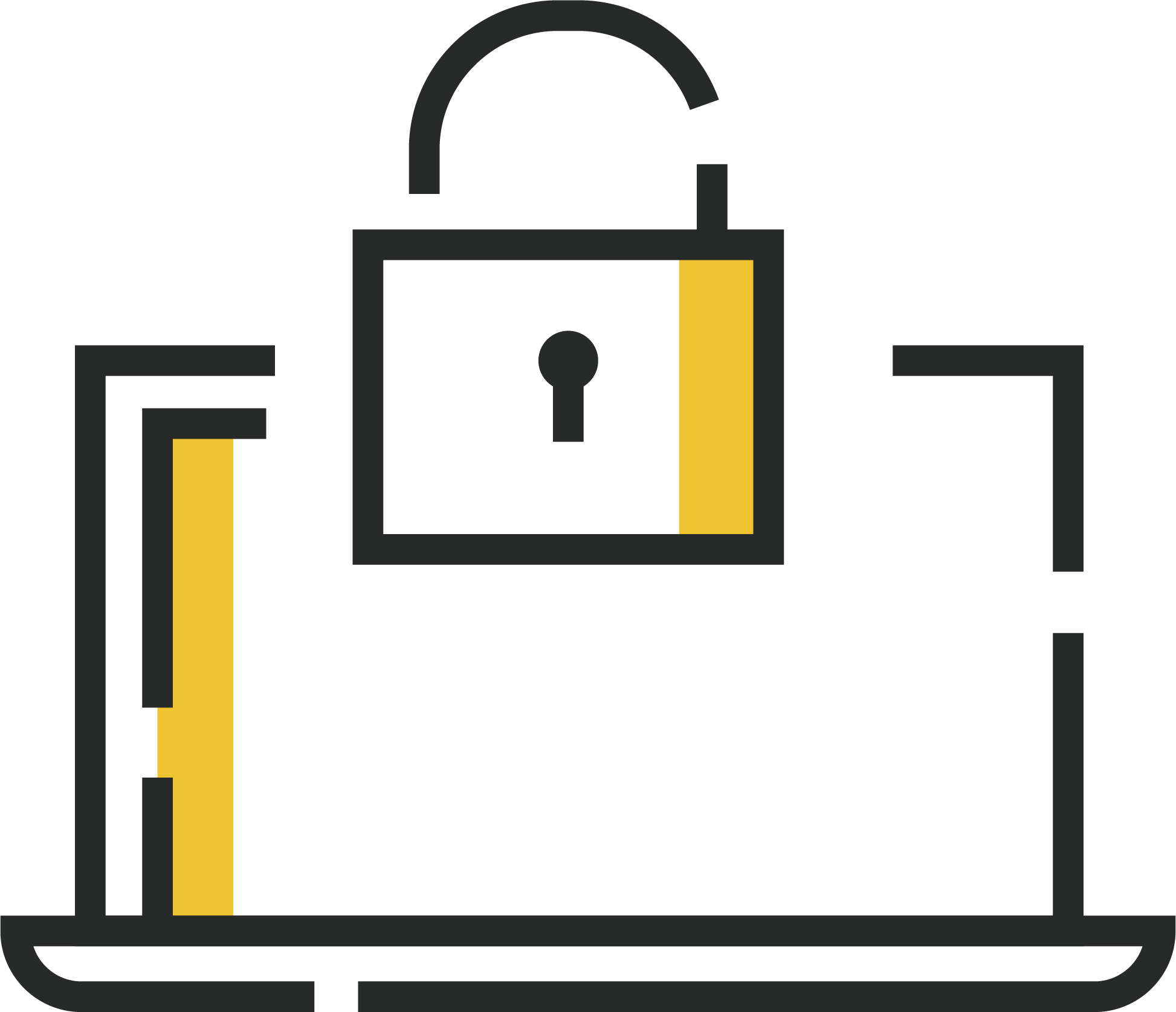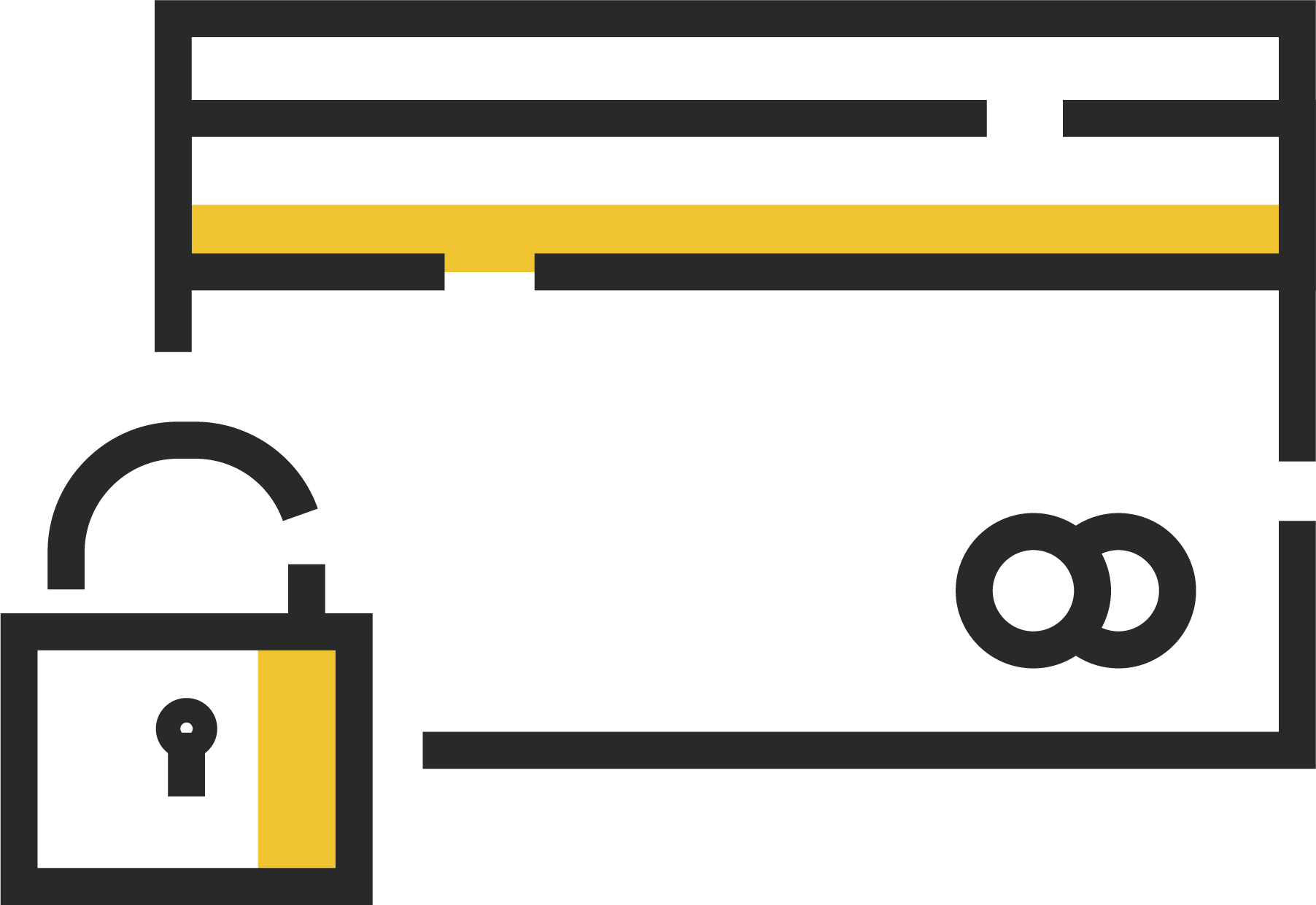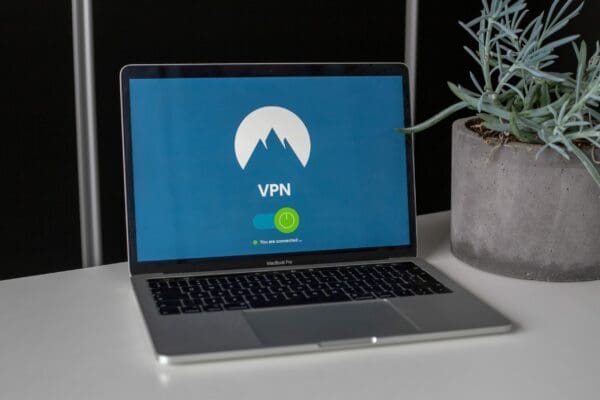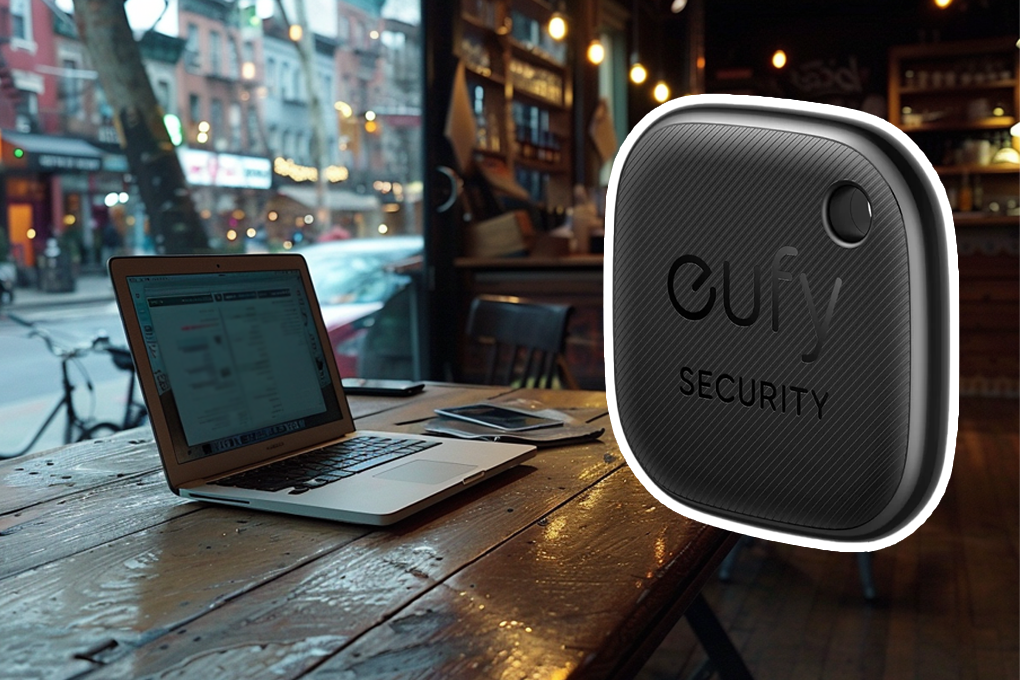Contents
We All Care About Internet Privacy
Internet privacy may be the one topic that unites all generations. Around a third of Gen Z, Millennials, and Gen X and 47% of Baby Boomers are “very concerned” about Internet privacy (Source). Knowing how to manage your privacy online takes some initial set up, but then it’s smooth sailing from there.
But in an era when most Americans spend X hours online each day, how can we maintain privacy when we use the Internet? Some cybersecurity knowledge helps, but the main way to stay safe is to be intentional about making choices that preserve the integrity of online privacy.
We’ll discuss three methods of controlling the flow of your digital information. This involves managing cookies/tracking codes, browser privacy options, and redirecting the origin of your web traffic with VPNs. By incorporating all three techniques, you’ll be taking a major step forward in keeping your digital information private.
Prepare today for peace of mind tomorrow.
Get occasional tips about keeping your family and home safe — delivered to your inbox.
Website and App Privacy
Whenever you use the Internet, you leave a trail of information: the websites you visited, where you clicked on a website, how long you scrolled on a page, what you hovered over but didn’t click — the list is extensive (Source).
Website developers install tracking codes, or cookies, on their web pages that allow them to harness your data and take advantage of it. That’s how companies like Google put targeted ads based on your browsing history in the places you are most likely to see and click on them. We wrote a whole article about Internet Cookies, so click here to learn more.
While this sounds scary, it isn’t intrinsically a security issue. Yes, it is a matter of online privacy, but you can’t be hacked with the type of tracking software that websites use to improve their marketing and sales tactics.
However, in the name of digital privacy, there are methods to prevent these cookies from sharing your web page activity with their owners:
- Decline tracking script consent. The GDPR (General Data Protection Regulation) that passed in the European Union forces any website that has users in the EU to be more transparent with how they collect user information (source). This is a win for Internet users who want to control how their data is accessed. While this is a European law, many US-based websites also started asking for tracking script consent when users visit them for the first time, so as not to miss out on European visitors.
- Opt out of account tracking. When your web browser isn’t collecting your data, websites step in to fill the void. Even if you decline the use of cookies from Facebook or Google, for example, by using your Facebook account or Google account, all of your information is shared by default. This is one reason why so many websites request or require you to create an account — it makes collecting your data that much easier. But it’s not inevitable. Look at the security, advertising, or privacy settings of your account and find the option to turn off tracking, selling your information to advertisers, or anything about providing a personalized experience. That should turn off a big chunk of the tracking scripts that are being used to follow your every (digital) move.
There are other ways that websites and third-party cookies are used, namely by advertisers, to provide you with a highly-targeted ad experience. To learn more, check out this article by How-To Geek.

Browser Privacy
Another major culprit in tracking your user data across the web? Your Internet browser. Your browser is unique, and provides identifying information that can be sold to advertisers or used to view your browsing habits.
Your browser (Safari, Firefox, Chrome, Microsoft Edge, etc.) uses this information to identify your location. It includes your IP address, geolocation via HTML5 (a computing language that internet browsers are built upon) in your browser, and your computer’s settings, such as your time zone and language. While it doesn’t include personal information such as your name or address, it can be used to connect you with your browsing data.
- Do not track options. Luckily, a person’s right to Internet privacy has pushed companies to include opt-out options on each browser. When you go into your browser’s settings, search under Privacy, Security, or Permissions. Look for an option to turn on a “Do Not Track” function. This will prevent your information from being shared or sold to third-party advertisers.
- Use incognito mode. Many browsers have an “incognito mode.” While not fool-proof, using an incognito browser will allow for private browsing, which means your activity will not be tracked or shared. While browsers argue that using incognito mode prevents the personalized experience that tracking scripts and browsing data provides, it gives you the peace of mind that you are taking back control of your Internet privacy. Just don’t expect your browser to remember info that you put into forms. Note: this doesn’t prevent websites, businesses, schools. government entities, or Internet service providers from gaining access to your browsing data.
When you prevent both websites and your browser from tracking your activity, you take a strong stance in defense of your online privacy. If you only do one, it’s much harder to stay in control of your digital footprint.
However, the best solution when it comes to online privacy is slightly more complex, but makes a huge impact on how your data is, or isn’t, shared. If you’d like to learn more about private Internet browsing, click here to read our full primer on the topic.
ISP Privacy
The ultimate way to control your online privacy is to hide your location, browser info, computer specs, and almost all other tidbits of information that get passed from your computer to your ISP. Even if you manage tracking scripts and don’t allow your browser to track you, your ISP will still see your digital footprint and history. And that’s not all — they can see what you download, your email content, your location and even your passwords.
Why does it matter if your ISP has access to this data? While they claim the purpose is to improve the user experience, they use it for more than that:
- Selling data to advertisers: If it isn’t clear yet, much of the data that is collected is sold to third-party advertisers who will use it to market to Internet users with targeted ads. ISPs can package huge amounts of lucrative user data to sell to these third-party advertisers.
- Required data collection and logging: Some ISPs are privately-owned companies while others are community-organized. Either way, depending on where the ISP is based out of, they may be required to collect information due to local legislation. (You can learn more about data retention laws here.) This is often done in the name of fighting crime and terrorism, but it means that everyone’s data is collected, not just criminals’.
- Website restrictions: Some countries prohibit free Internet use, or are very hands-on in controlling the information available via the Internet within their territory. China, the UAE, and North Korea are the most well-known examples.
- Controlling Internet speeds: You may have heard of something called “net neutrality,” when in 2017, the FCC voted to repeal it (https://en.wikipedia.org/wiki/Net_neutrality_law#:~:text=On 14 December 2017%2C the,the Communications Act of 1936). One result of this is that ISPs can now control who gets faster Internet speeds, and they can “throttle” the speeds of specific websites or services. If you are using too much data or bandwidth, your ISP could throttle your connection speed, deprioritizing your Internet connection. They can do this to impact competitors’ sites and services (particularly streaming) or try to upsell major users with more expensive Internet packages.
Knowing all of this, you can see why it’s so valuable to protect your digital information from your ISP. Luckily, there is a cybersecurity solution made specifically to do this. It’s called a VPN, or virtual private network.
Enter the VPN
We’ve written extensively about VPNs on our Resources blog (get a comprehensive explanation here), but to summarize, a VPN is a keystone of cybersecurity. It keeps your Internet activity free from prying eyes like your ISP, the government, and cybercriminals by redirecting your Internet connection through a secondary network connection. It makes your data appear as though it came from somewhere else, minus all your personal identifying information.
A VPN is a powerful tool in the fight to maintain online privacy, and it should be a part of your cybersecurity strategy. Even if you feel that you don’t have anything to hide with your Internet activity, a VPN is a relatively simple tool to use with extensive returns in keeping you safe. At the very least, it makes it much more difficult for cybercriminals to steal your information, aka identity theft.
For our expert-recommended list of VPNs, you can always access the Batten marketplace to compare our top selections and see which one best fits your lifestyle.
Keeping Your Online Information Private Is Possible
If you haven’t considered security solutions to protect your information and privacy online before, it may seem daunting to go through all of these steps. However, setting up incognito browsing, opting out of tracking scripts, and installing a VPN requires minimal maintenance over the long term while keeping your private information out of the hands of website owners, browsers, ISPs, and cybercriminals. Knowing that, it’s an easy choice to put in the work now to keep yourself and your family safe online over time.
If you’ve gotten this far and know that you want to protect your data online but aren’t sure where to start, speak with our cybersecurity concierge partner, Total Digital Security.
Talk with a real live human who will evaluate your needs, propose the best solutions for you, and help you get set up. All it takes is a free, no-obligation consultation to get started.
